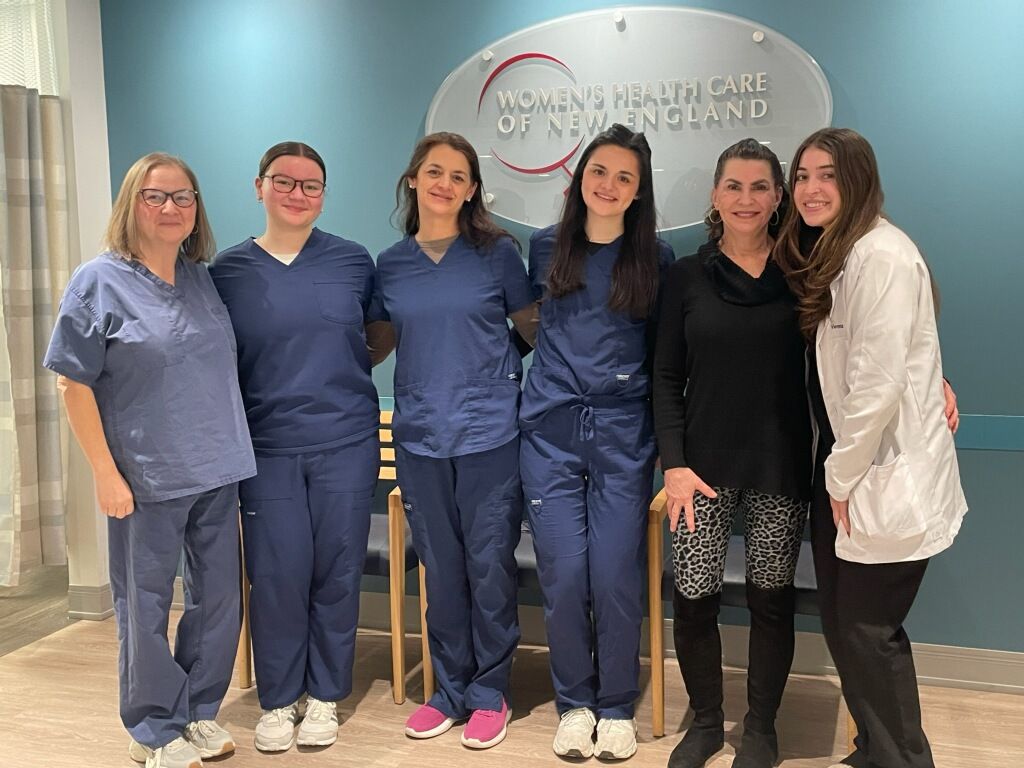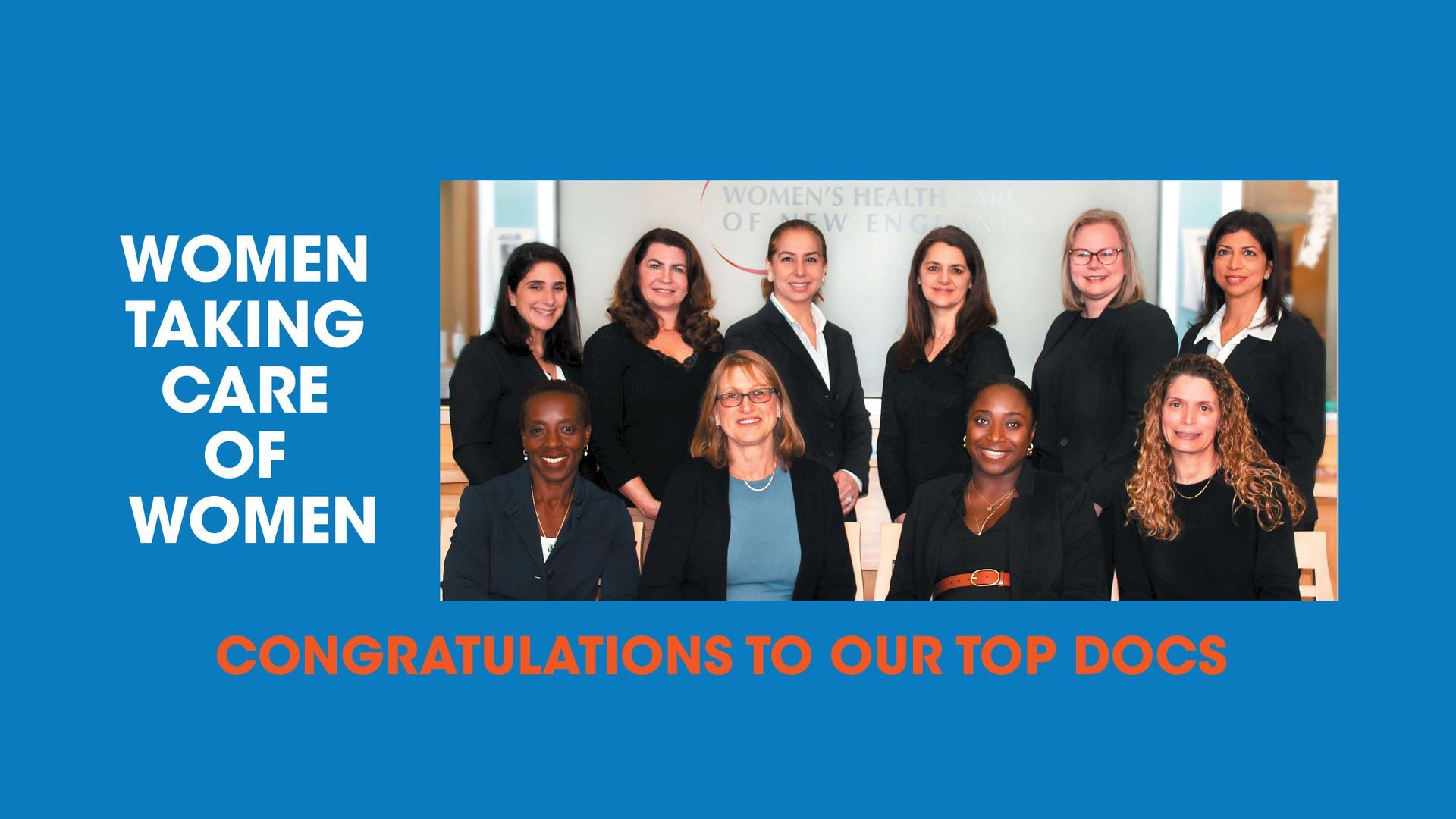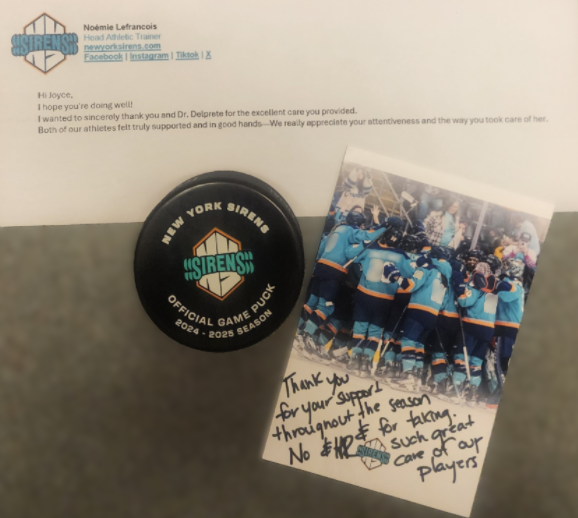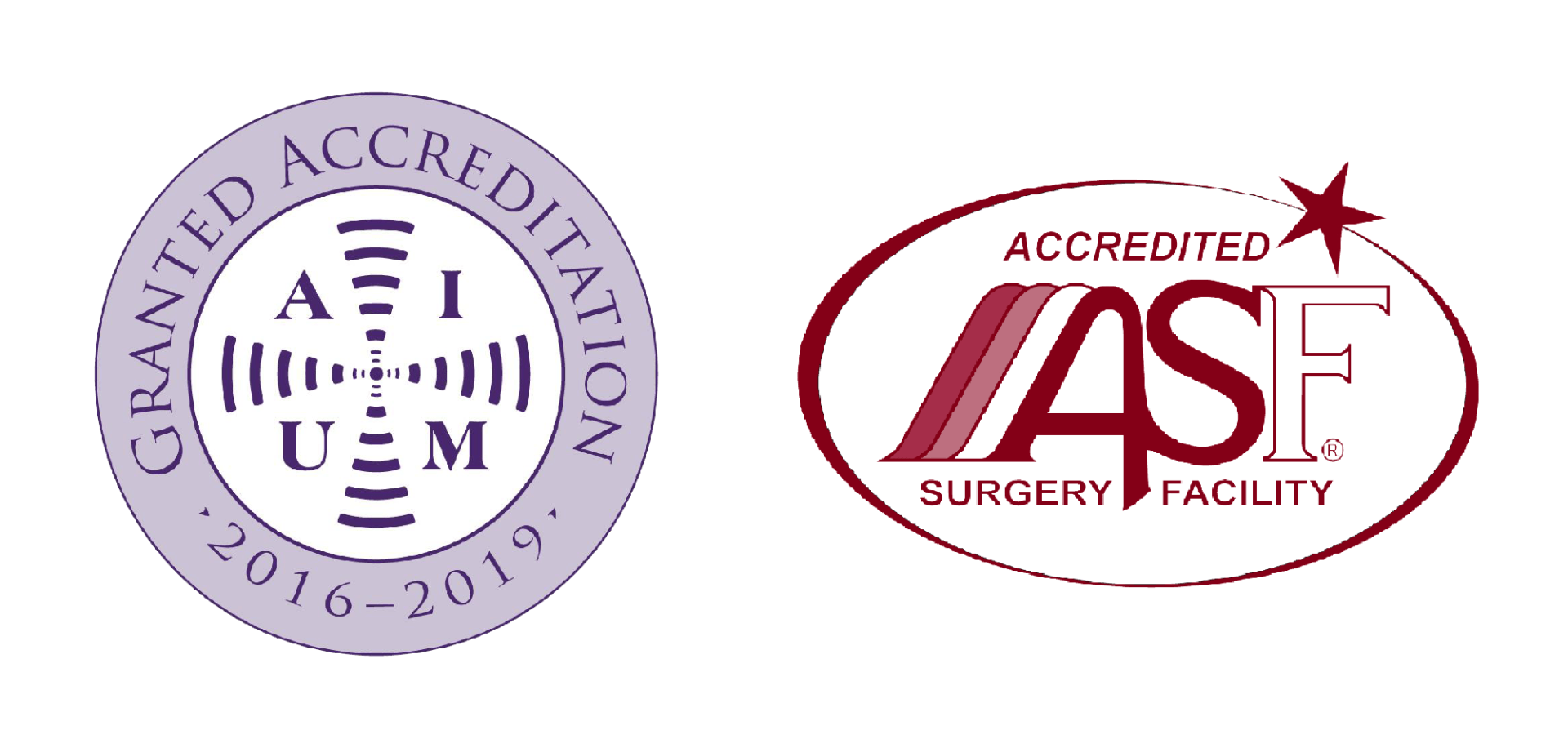Early detection is paramount for fighting breast cancer
Jay Ugol, MD • March 15, 2020
FACT: According to the American Cancer Society, one in eight women will get breast cancer.
GOOD NEWS
With early detection screening, you can lead a wonderfully full life without necessarily, the need for a mastectomy
ONE SIMPLE GUIDELINE
Everyone should start annual screening mammograms at age 40 regardless of risk factors and family history.
Connecticut Law States
"If your mammogram demonstrates that you have dense breast tissue, which could hide small abnormalities, you might benefit from supplementary tests, which can include a breast ultrasound screening or a breast MRI examination, or both, depending on your individual risk factors." (Senate Bill 458)
At Women's Health Care of New England, every mammogram requisition gets marked "Follow with breast ultrasound for dense breasts or other masses". Yearly breast imaging is not just for you, it's for your whole family.
Jay Ugol, MD
Staff Member at Women’s Health Care of New England
Fellow of The American College of OB/GYN

We are pleased to let you know that two of our APRNs — Laury Berkwitt and Catherine Levins— have taken a keen interest in offering hormone replacement management. If you are experiencing symptoms of menopause or hormone changes, they are available to evaluate your needs and, if appropriate, prescribe hormone therapy (HRT) tailored to your care plan.
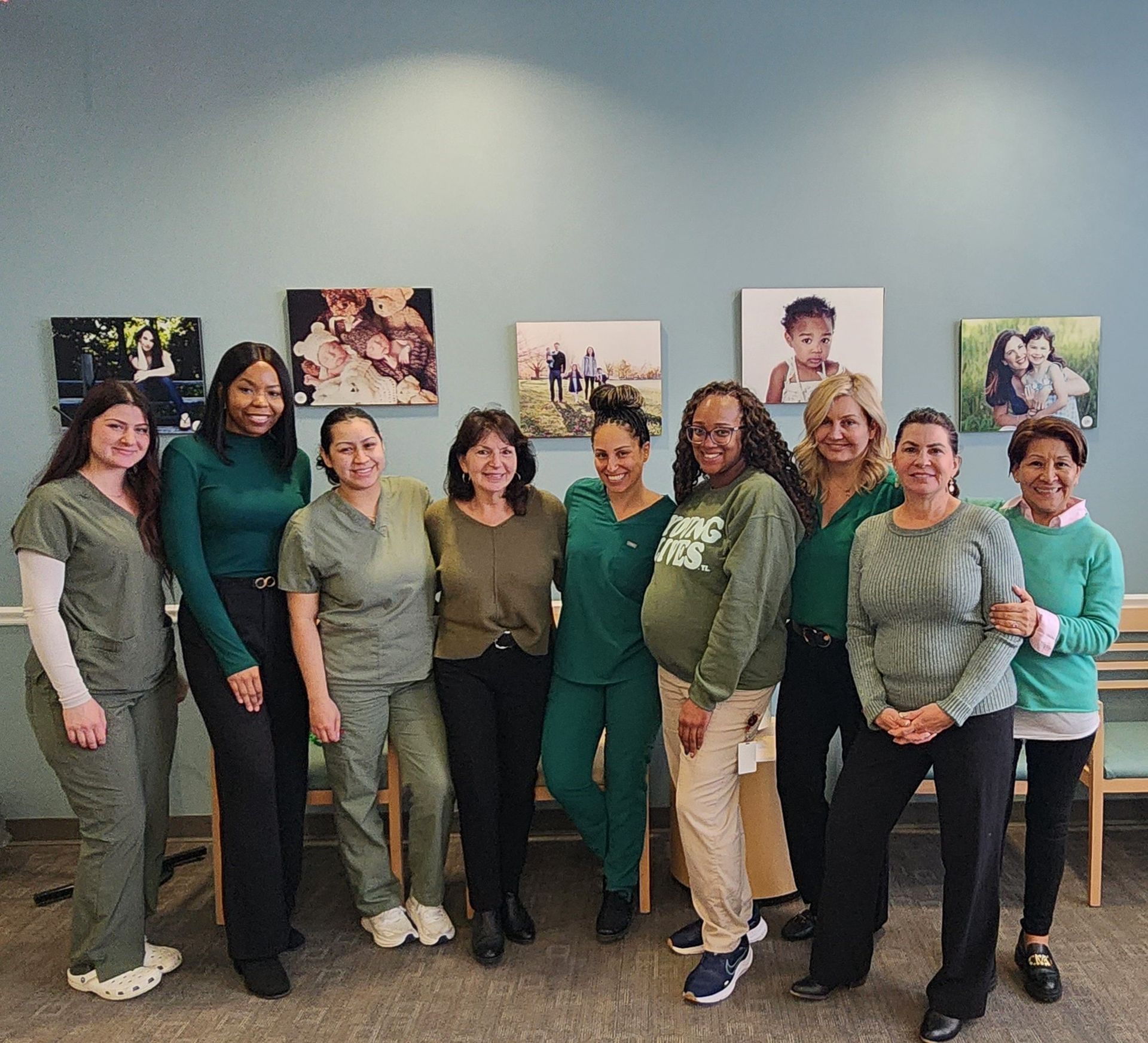
Happy St. Patrick’s Day from the WHCNE family! Wishing you a joyful and festive St. Patrick’s Day! At Women’s Health Care of New England, we celebrate the spirit of community and care. Our dedicated team is here to support you with quality, compassionate healthcare. Enjoy the day in good health and happiness!

